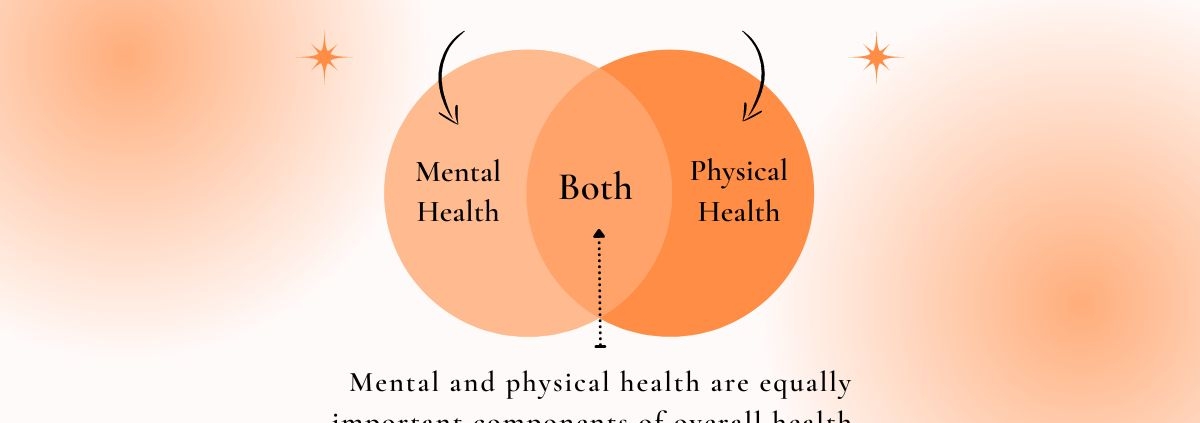The world as a whole has come a long way in recognizing the importance of prioritizing mental health in recent years. Yet, the awareness has not totally destigmatized mental health as the gap between people facing related challenges and those seeking help continue to widen. The situation in the Middle East is no different. A global study found(1) that the region has one of the highest rates of anxiety, PTSD, depression, and suicide.
So, there is a need to ramp up the awareness of mental health challenges and their prevalence in the Middle East, improve access to support systems and services, and educate individuals on their connection with physical health.
The silent epidemic
Mental health challenges were already a crisis before the pandemic brought them to the fore. A 2016 study found that 15 per cent of residents(2) in the UAE suffered from mild depression, while as much as 4 per cent of the population could be diagnosed as clinically depressed. Yet, public conversations on the topic were not as amplified as they needed to be.
Eight years and a worldwide pandemic later, mental health conditions have only become more prevalent. A recent study of more than 3,700 students(3) in the UAE found that, post-COVID, more than 40 per cent were at risk for PTSD, 23 per cent were at risk of anxiety, and 17 per cent were at risk of depression.
While the prevalence of these conditions is increasing, stigmas surrounding mental health conditions are still common across the Middle East. Four in every five individuals suffering from a mental illness report that they’ve faced stigma around their condition. These stigmas are especially common among younger generations. So, we need to institutionalize raising awareness of mental health as part of the curriculum.
The connection between mental and physical health
Addressing the ongoing crisis, especially among young populations, starts with increasing awareness of the signs and symptoms of mental illnesses and their connection with physical health.
Studies have shown(4) that individuals with good psychological well-being also have a lower risk of stroke or heart attack, that your physical health has a direct impact on your mental health, and vice versa. Individuals with chronic diseases like cancer, asthma, or diabetes may be at an increased risk of depression. Those suffering from mental health conditions often suffer from sleep disorders, which can lead to breathing problems, as well as other physical ailments.
Just as suffering from a physical ailment can increase your risk of developing a mental illness, prioritizing your physiological health can lead to an improvement in your mental health as well. Getting regular exercise, fueling your body with healthy foods, and avoiding habits that can impact your health — such as smoking or excessive drinking — can help lower your risk of developing certain mental health conditions.
The Middle East is facing a silent epidemic as mental health issues and suicide rates persist. Reducing the prevalence of mental health conditions such as depression, anxiety, and suicide starts with widespread understanding and the resulting acceptance. Awareness will remove the “silence” from the “epidemic”, leaving only the latter to be addressed. That is a step in the right direction.
1. https://www.middleeastmedicalportal.com/mental-health-in-the-middle-east/
2. https://gulfbusiness.com/know-mental-health-uae-workforce/
3. https://www.medrxiv.org/content/10.1101/2022.07.20.22277866v1
4. https://www.webmd.com/mental-health/how-does-mental-health-affect-physical-health



